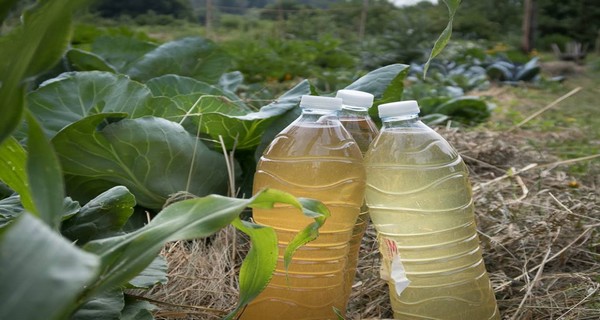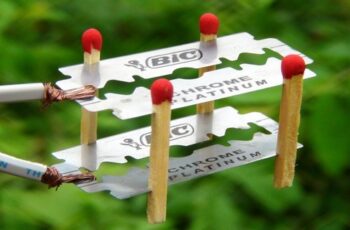Ad Blocker Detected
Our website is made possible by displaying online advertisements to our visitors. Please consider supporting us by disabling your ad blocker.
Once your pepper plants have been growing outdoors for approximately 30 days, it’s time to apply a granular fertilizer following the recommended dosage on the product label. Note that each fertilizer product may have slightly different instructions. It’s recommended to continue applying a monthly dose of fertilizer for the remainder of the season, or until early fall when the plants start to wither.
Additionally, continue to supply your pepper plants with a liquid fertilizer after the first month, but reduce the frequency to every 14 to 21 days. This approach will provide your plants with the required energy for continued growth without overwhelming them.
By combining these two fertilization methods, you can expect a plentiful and delicious harvest, whether your peppers are hot, sweet, or mild!
Signs of Over Fertilization

Over-fertilization, or providing too much fertilizer to your plants, can cause a range of problems and symptoms. Here are some common signs of over-fertilization to watch out for:
A/Leaf burn
Over-fertilization can cause the tips or edges of leaves to turn brown or yellow and become crispy.
B/Stunted growth
Too much fertilizer can stunt plant growth and prevent the plant from reaching its full potential.
C/Wilting
Over-fertilization can cause plants to wilt, even if they are well-watered.
D/Excessive foliage
When plants receive too much nitrogen, they may produce excessive foliage at the expense of flower and fruit production.
E/Reduced fruit production
Over-fertilization can negatively impact fruit production, leading to smaller or fewer fruits.
F/Root damage
Excessive fertilizer can damage the roots of plants, leading to poor nutrient uptake and overall plant health.
If you notice any of these symptoms in your plants, it’s important to immediately stop fertilization and flush the soil with water to remove excess nutrients. In severe cases, you may need to repot your plants or replace the soil entirely. To avoid over-fertilization, always follow the instructions on the product label and use a balanced fertilizer that matches your plant’s specific needs.

